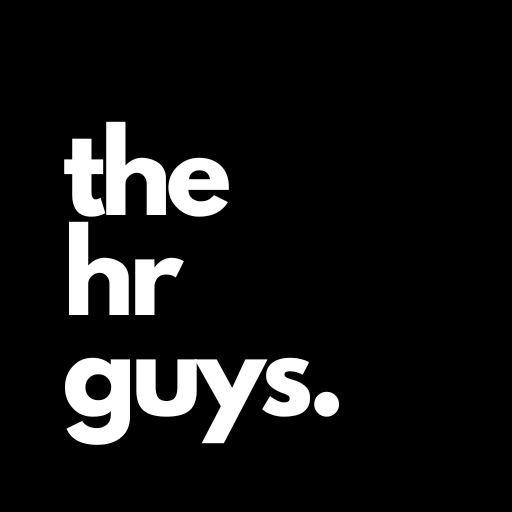HR Unprepared for AI Revolution
In a world increasingly driven by technological advancements, the integration of artificial intelligence (AI) into Human Resources (HR) functions is not just a possibility but an inevitability. Yet, a recent survey conducted by Brightmine, highlighted in an article on Personnel Today, reveals a startling truth: HR is largely unprepared for the AI revolution. This lack of preparedness poses significant challenges for HR leaders, organisations, and the future of HR operations.
The Current State of AI Readiness in HR
According to the survey, a mere 20% of organisations have taken the initiative to train their HR employees in AI-related skills. This is a worrying statistic given the potential of AI in HR to transform how departments operate. From automating repetitive tasks to enhancing data analytics and decision-making processes, AI holds promise for making HR more efficient and strategic.
Moreover, only about one-third of HR professionals currently understand the full capabilities of AI tools. This gap in knowledge is concerning, especially when considering the strategic benefits AI can bring to human resources management. Without a deep understanding of these tools, HR Leaders might miss out on opportunities to leverage AI for better outcomes.
Engagement with AI Adoption
The survey also sheds light on the involvement of HR professionals in strategic discussions about AI. While 35% of HR professionals have engaged in conversations about AI adoption with senior leadership, a significant 25% have had no involvement at all. This lack of engagement highlights a critical disconnect between HR and broader organisational strategies regarding AI.
Scott Walker, CEO of Brightmine, underscores the urgency for HR professionals to become digitally fluent and data literate. He warns that without proper understanding and active engagement in AI discussions, HR departments may struggle to harness the full potential of AI technologies, ultimately impacting their efficiency and contribution to business success.
Training and Education: A Critical Need
The findings from Brightmine’s survey are supported by additional data from IBM’s 2024 CEO study, which points to a rapid push towards AI adoption that often outpaces employee readiness. The IBM study suggests that successful AI implementation relies heavily on workforce adaptation and readiness rather than the technology itself.
Notably, leading companies such as JPMorgan are setting examples by offering comprehensive AI training to all new hires. This proactive approach ensures that employees are well-prepared to meet the demands of an AI-integrated workplace, setting a standard that other organisations should consider following.
The Role of HR Leaders
For HR leaders and organisations like us at The HR Guys, the message is clear: proactive measures must be taken to educate and involve HR teams in AI-related strategies. By prioritising AI in HR, these leaders can drive significant improvements in efficiency, decision-making, and overall business performance.
HR leaders must champion the cause of AI adoption, ensuring that their teams receive adequate training and are actively involved in strategic discussions. This involvement is crucial not only for the successful implementation of AI technologies but also for maintaining a competitive edge in an increasingly digital business landscape.
Conclusion: Embracing the Future
The survey by Brightmine, as highlighted by Personnel Today, serves as a wake-up call for the HR industry. The integration of AI in HR is inevitable, and the current lack of preparedness could have serious implications for the future of HR functions. However, by taking proactive steps to educate and engage HR professionals in AI discussions, organisations can turn this challenge into an opportunity.
For further reading and a detailed analysis of the Brightmine survey, visit the original article on Personnel Today

